Philosophy of action– Karma Yoga
“कर्मण्येवाधिकारस्ते मा फलेषु कदाचन।
मा कर्मफलहेतुर्भूर्मा ते सङ्गोऽस्त्वकर्मणि॥”
श्रीमद्भगवद्गीता 2.47
Above is the infamous shloka from the Bhagwat Gita, taught comprehensively at the Yoga Teacher Training Course in Rishikesh. It captures the essence of Karma Yoga beautifully. Loosely translated, it says, ‘ One only has the right to action, not the fruits of the action. Neither is one the doer of any action nor should one be inactive.’
This philosophy of action is fundamental to human liberation and suffering. As long as one lives, one must act- that is the universal law. Our karma determines if we will be bound in the material or liberated through the spiritual.
Karma:
The word karma means action. However, it is more complex than just that. Karma is our deeds, intentions, and the consequences of our actions at every moment, carried over many lifetimes, creating samskaras (the impressions left in our consciousness by karma) that affect the quality of our lives and our sadhana.
The nature of our karma affects the nature of our samskaras, which create our past, present, and future. If one practices karma yoga, one attains freedom from the ego that births are suffering. If the actions are compulsive, opposing the natural law, one is drawn deeper into human limitations.
Principles of Karma Yoga:
- Dharma: Every person has a purpose, a dharma that they are put on this earth to fulfil. Karma yoga states that all our actions must be driven by this dharma, which is selfless and pure of intentions. One must act for its sake. Our duty towards our dharma should be greater than the distractions and narratives of the mind, familial and social constructs and the ego’s criteria of right and wrong. When karma is done with the right intentions of humbleness and accountability, it frees us from the cycle of birth and death. Aligning with our purpose is the easiest and the closest path to realising the truth of our soul.
- Detachment: The fundamental principle of Karma Yoga is detachment. We must act without expecting the fruits of our labour, detaching ourselves from outcomes. When we act to receive wealth, success, recognition, validation, etc., we are bound within the confines of the ego and stuck in the cycle of trying to satisfy the mind but to no avail. Desires lead to more desires, keeping us in an endless loop of frustration. When we are attached to the ideas of success and failure, we become reactive towards these fluctuations, losing our emotional balance. A one-pointed focus of the mind is significant for attaining spiritual growth and freedom, where we can observe without engaging, silently playing our part without a need to be involved.
- Worship: No work is greater than the other. The nature of work does not matter in the face of ethics. What you do isn’t as important as how you do it. Yoga Teacher Training Course in Rishikesh strives to ingrain this mindset into the students. Selfless action driven by the intention of serving others and the world and doing your duty in whatever role you’re given is the path to liberation. Our society has imprinted false concepts of hierarchy, deeming some professions more critical. However, every work has its unique role in the ecosystem; without it, our institutions will collapse. Respecting other’s work and being immensely dedicated to our own allows us to bridge the gap between our actions’ material and spiritual aspects.
- Avoid inaction: A common misconception about freedom is that one must cut all ties with one’s karma and become inactive. This is contradicting the law of Karma. The only way to liberation is by imprinting positive samskaras and moving through this human life without creating further attachments. One must not escape from action but think of how our karma can set us free. It’s important to remember that inspired action is more valuable than compulsive, mindless action. Act at proper times, step back when need be, but never run away from fulfilling your duty.
- Surrender: Every act must become an offering to the divine. We become one with the source when we live humbly, knowing we are just an instrument and not the doer that every action is divinely orchestrated. We notice magic in mundane tasks, and our actions become rituals. We thank the higher power for equipping us with the capabilities to carry out our work. It also becomes second nature to trust and accept without attachments, as the cosmic law is beyond what the mind can conceptualise.
Karma Yoga in practice:
Karma Yoga is a fundamental part of Yogic Philosophy, taught at the Yoga Teacher Training Course in Rishikesh. It teaches us how to live, lead, and let go. While it is not easy, it is worth striving to integrate into our lives.
- Small actions: You can integrate these principles through the little actions in your day-to-day lives. Being present, giving attention to detail, and striving to give your best in the littlest of ways prepares you to live your life in alignment with the divine plan. Let every act you do become a reflection of your inner world.
- Letting go: Practice the art of detachment. Become process-oriented instead of just focusing on the destination. Every cause has an effect. If an action is done correctly, it will reap the deserved results. But prepare your mind so that no outcome shall shake your peace. What happens after you’ve done your dharma should not be your concern.
- Service: Be of service to others. From time to time, do actions that don’t benefit you but help others meaningfully. Cleaning a public space, cooking meals for the underprivileged, helping a friend with her tasks- such actions cultivate generosity and compassion in our hearts. It also teaches us the valuable skill of not expecting anything in return.
Karma Yoga is a beautiful philosophy highlighting the simplicity of dedicated action to attain liberation. It reminds us that god can be found in our honest work and that fulfilling our role with integrity and letting go of the outcome is walking the spiritual path.
Join our Yoga Training course in Rishikesh with Vinyasa Yoga Ashram to get more in-depth knowledge of this path of Yoga.

